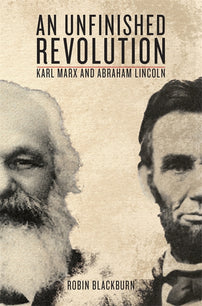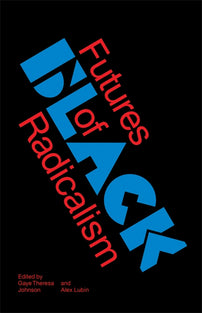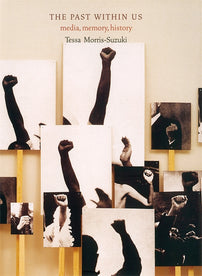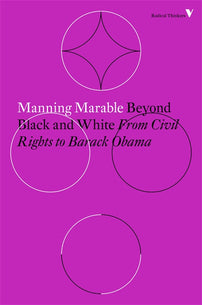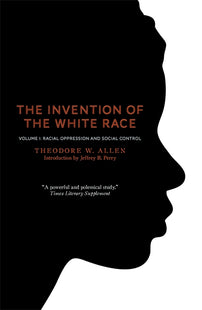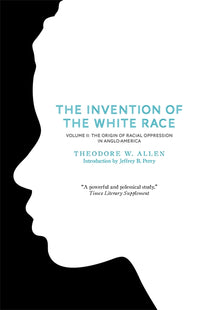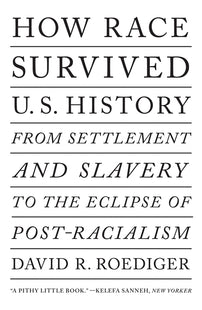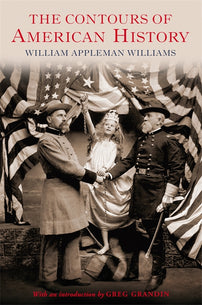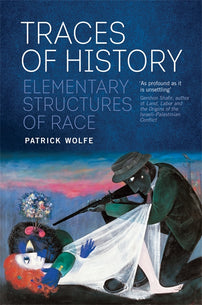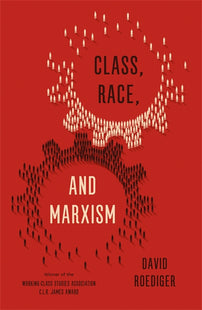Trump Asked "Where does it stop?" That’s Actually a Good Question
The forty-fifth president essentially argued that, taken to its logical conclusion, an anti-slavery criteria would force us to take down monuments to many of the Founding Fathers of the United States of America. Trump is, in effect, calling our bluff: are we willing to face the full extent of racist violence in America’s history?

The President of the United States of America has been widely criticized for defending racist protesters who gathered recently in Charlottesville, Virginia. "Not all of those people were neo-Nazis, believe me," he said. "Not all of those people were white supremacists by any stretch." Some of them, the President said, "are very fine people." Explaining further, he defended the reason for their presence in Charlottesville — protesting the removal of a statue of a confederate leader, Robert E. Lee. In doing so, the President raised an important issue about these monuments and about our collective stance towards American history. He pointed out that George Washington owned slaves, implying that he, too, might become a target of protest. "So this week, it is Robert E. Lee," Trump said. “I noticed that Stonewall Jackson is coming down. I wonder, is it George Washington next week? And is it Thomas Jefferson the week after? You know, you really do have to ask yourself, where does it stop?"
We do have to ask: Where does it stop? Not everyone in the anti-Trump camp answers this question in the same way. Some historians have rebuked the president on this point, arguing that he made an egregious, ignorant error by equating a man who helped to forge the nation (Washington) with one who took up arms against it (Lee). And yet, that does not completely answer the specific charge raised by the President. After all, George Washington did own slaves. If we begin tearing down pro-slavery monuments in the United States, where does it stop? I want to argue here that “it” ought to go a lot farther than perhaps many people think. I want us to use this moment of disgust at the Confederacy and its modern-day defenders to argue that it is time to tell a new, more honest story about the origins of this country. Instead of ducking the President’s challenge, let’s take it up. Where does it stop? Let’s answer him: it goes all the way to the beginning. If we’re serious about uprooting racism and racist violence, we have to write a new American history for every student in every classroom, for every monument and museum.
A more honest history would show the country’s origins lay not in abstract ideals, but in a bloody quest for profits. A more honest account would challenge students to reckon with the process of mass murder of indigenous people that was led by Christopher Columbus, as he searched the "New World" for gold. Between outright murder and working people to death in mines, one Spanish witness estimated that Columbus’ occupation of Hispaniola directly caused three million deaths. That we still honor this horror with a national holiday and countless memorials and statues is just one of the ways that we continue to officially validate racism, violence, and racist violence. Virginia, the first colony of what became the United States of America, and the scene of last weekend’s racist violence, began as a business enterprise, not a humanitarian one. Failing to find precious metals, the Virginia colonists discovered a new get-rich scheme early in the seventeenth century: growing tobacco. For those coerced into the labor of growing and reaping the lucrative crop (their fellow Europeans, in the first instance), life expectancy was short. They could be beaten, traded, sold, or killed by their employers. “Whatever truths may have appeared self-evident in those days, neither an inalienable right to life and liberty nor the founding of government on the consent of the governed was among them,” historian Barbara Fields wrote of the nation’s first nucleus. "Virginia was a profit-seeking venture, and no one stood to make a profit growing tobacco by democratic methods." Four out of the first five presidents of the United States were raised in that colony, and all four owned other human beings. A more honest national story would admit that racist violence is not an aberration—it is the story. There would not be such a thing as the United States of America without racism, violence, and racist violence.
Of course, there are important differences between George Washington and Robert E. Lee. The former led a rebellion that succeeded, whereas the latter failed. Interestingly, both grew up in Virginia; Robert E. Lee was actually the son of a revolutionary war hero who was an aide to Washington. But Washington emancipated his own slaves and paid for their education before he died, whereas Lee defended the ideal of perpetual slavery. Lee fought explicitly to keep people of African descent in chains, whereas Washington gave us a language of universal rights and freedoms that slaves and their descendants would use to make claims for their rights and freedom. The practical meaning of Washington’s words have been, historically, sorted out in relation to the ongoing struggle of black people in this country. The national conception of birthright citizenship, of voting rights, and working definitions of civil and political equality, owe much to the collective organization and sacrifices of people labored without compensation and had to force the issue of inclusion and equality at every step. We don’t have nearly enough monuments to those people.
Americans are taught from an early age that we and our nation are special—and especially great. If and when we do learn about the bloody parts of our history, there is always room for national redemption in the end. We often twist the bad parts around into a story about how extraordinarily good we are. See, the Civil Rights Movement shows that we are uniquely able to overcome racism and proves that we are special! All nations have their national myths. But if ever there was a time to question ours, the moment when twenty-first century neo-nazis commit murder in broad daylight and are defended by the president is a capital one. As James Baldwin was fond of reminding us, self-reflection is not easy in this country, because Americans are certain of their fundamental national goodness. Still, this is the time to try.
The great abolitionist (and former slave) Frederick Douglass once said to the eyes of slaves, Americans’ Fourth of July celebrations were “an unholy license” and “swelling vanity.” Douglass said that when it came to revolting barbarity and shameless hypocrisy “America reigns without rival.” Perhaps the election of Donald J. Trump should be taken as a reason to pause the swelling vanity and opt instead for some national humility and reflection. We have studiously avoided this process in the past. The president’s press conference reminded me of Michelle Alexander’s discussion of the 1987 McKlesky vs. Kemp Supreme Court case, where the defendant argued that the pattern of sentencing showed that the death penalty was effectively racist. The Court had to reject McKlesky’s claim, they admitted, because it "throws into serious question the principles that underlie our criminal justice system." Similarly, the forty-fifth president essentially argued that, taken to its logical conclusion, an anti-slavery criteria would force us to take down monuments to many of the Founding Fathers of the United States of America. Trump is, in effect, calling our bluff: are we willing to face the full extent of racist violence in America’s history? Where does it stop? It’s a good question.
Brian Jones is an educator, activist, and doctoral student in Urban Education at the CUNY Graduate Center. His work has appeared in Jacobin, the International Socialist Review, Democracy Now! and the Journal of Negro Education.
[book-strip index="1" style="display"]
